Ekipa.co – To be honest, I think there are way too many coaches in the world. For years, while walking around the IT industry in the Netherlands, I saw the market getting flooded with agile coaches. At meetups, 50% of the people were agile coaches. People left their jobs to become agile coaches. Talking about an agile coach, I always thought: why do we need them?
Based on my experience doing a lot of agile training last year, I understand why they need it. Scrum masters get caught in the power struggles of their companies. Product owners struggle to understand their role and say no to stakeholders (who are often superiors). Team members have very practical questions on how to estimate, how to prioritize, etc.
Read More: How Agile You Are? Know Your Maturity Level with Our Free Agile Maturity Assessment Tool.
Daftar Isi
ToggleThe Agile Coaching Paradox
But I see a big paradox. Agile preaches self-organization. So we want our team members to figure out how to do their stuff. Put a coach in front of the team and chances are big that he’ll start giving directions. And that’s exactly what we don’t want.
During my Scrum training, I often hear ‘am I allowed to do ABC?’. My neck hairs raise when I hear this question and I always need to breathe to find my balance there. OF COURSE, YOU CAN. Just do what you think is right given your context. Now the issue with people asking this question is: they have a mindset of ‘tell me what to do and I will do it’. In many cases, this is based on culture, habits, on power structures. If we want to grow agile, we need to change those.
What Makes a Good Agile Coach?
First of all, I believe that it’s important WHO the coach is. This image from the agile coaching institute gives a good overview of the coaching competencies:

An Agile-Lean Practitioner
Ability to learn and deeply understand Agile frameworks and Lean principles, not only at the level of practices but also at the level of the principles and values that underlie the practices enabling appropriate application as well as innovation.
Professional Coaching
Ability to act as a coach, with the client’s interest determining the direction, rather than the coach’s expertise or opinion.
Facilitating
Neutral process holder that guides the individual’s, team’s, or organization’s process of discovery, holding to their purpose and definition of success.
Mentoring
Ability to impart one’s experience, knowledge, and guidance to help grow another in the same or similar knowledge domains.
An Agile Coach Like Teaching
Ability to offer the right knowledge, at the right time, taught in the right way so that individuals, teams, and organizations metabolize the knowledge for their best benefit.
Technical Mastery
Ability to get your hands dirty architecting, designing, coding, test engineering, or performing some other technical practice, with a focus on promoting technical craftsmanship through example and teaching-by-doing. And, expertise in agile scaling patterns or structures.
An Agile Coach has Business Mastery
Ability to apply business strategy and management frameworks to employ agile as a competitive business advantage such as Lean Start-Up, product innovation techniques, flow-based business process management approaches, and other techniques that relate to innovating in the business domain.
Transformation Mastery
Ability to facilitate, catalyze and (as appropriate) lead organizational change and transformation. This area draws on change management, organization culture, organization development, systems thinking, and other behavioral sciences.
Scrum Master Versus Agile Coach
So How Do We Solve The Paradox?




